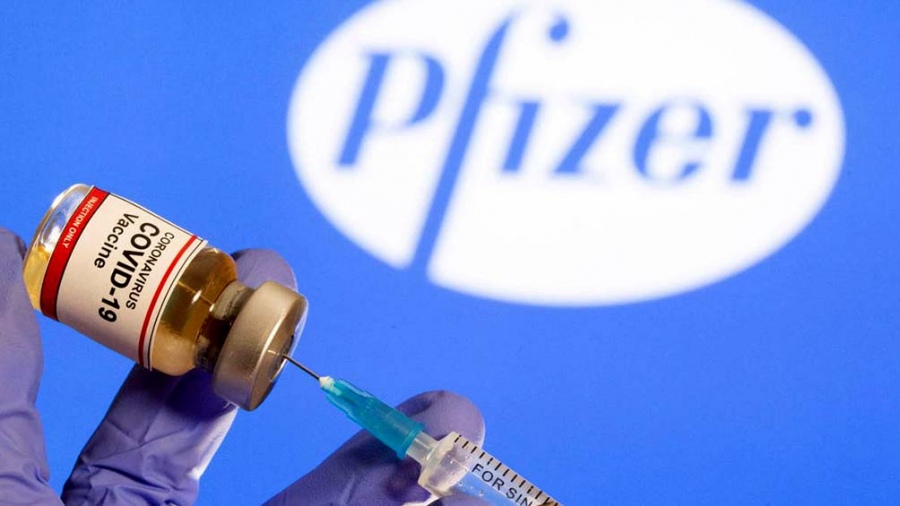RIO DE JANEIRO, BRAZIL – The Vaccine Advisory Commission made a new recommendation to the Ministry of Public Health to reinforce the doses of covid-19 vaccine in parts of the population. Fourth doses of Pfizer vaccines will be applied, and more than three million doses are expected to arrive in 2022.
The patients prioritized to receive an extra dose are the immunosuppressed, those over 70 years of age, those over 50 years of age with comorbidities, people with Down syndrome, and those over 50 years of age residing in long-stay or similar establishments.
According to the Minister of Public Health, Daniel Salinas, the reinforcement has already been approved by the Ministry, although there is still no opening date for the schedule. “First planning and logistics, then we proceed,” he stated to La Diaria. He added that approximately 1,120,000 people in Uruguay make up these risk groups.

So far, the comorbidities considered as a priority for vaccination are heart disease, diabetes, chronic obstructive pulmonary disease (COPD), obesity with a body mass index over 30, renal failure, and cirrhosis.
Since the Ministry of Public Health does not have data on how many people have these types of comorbidities in Uruguay, all those over fifty years of age who wish to be scheduled will be prioritized, even if they do not have a risk factor.
For this population, the booster vaccine can be applied six months after the last dose or if the disease has been present six months after the diagnosis.
Regarding immunocompromised persons, the Ministry of Public Health clarified that this group includes recipients of “solid organ and hematopoietic precursor transplants, primary immunodeficiencies, persons on hemodialysis and peritoneal dialysis, people living with HIV with CD4+ count lower than 250 cells/ul, oncologic and hemato-oncologic patients undergoing chemotherapy or radiotherapy, autoimmune diseases or others requiring treatment with immunosuppressants and/or biologics, such as multiple sclerosis, rheumatoid arthritis, systemic lupus erythematosus”.
For this group, the doses may be administered once four months have passed since the last dose and, in the case of having had the disease, it must be after four months of diagnosis.
On the other hand, the Vaccine Advisory Commission urged those over 18 years to be vaccinated with a third dose, which is now part of the basic immunization scheme against covid-19 in Uruguay. It also “invites those who have not yet started the scheme to get vaccinated”. Last week, the Commission recommended that adolescents with comorbidities get the third dose.
María Moreno, professor at the Department of Biotechnological Development of the Institute of Hygiene of the Faculty of Medicine of the University of the Republic and member of the Commission, put the recommendations into context. First, Uruguay carried out a massive vaccination campaign and “afterward the ‘primary systems’ have been gradually adjusted: immunosuppressed people, for example, it was understood that with the two initial doses they did not develop a good response, so their primary scheme, unlike other people, had one more dose of Pfizer or two, depending on whether they had previously received Pfizer or Sinovac”.
For this population, it is essential to receive boosters “because they have a depressed immune system and do not respond as well to vaccines, as well as when they are infected, their immune response is not as strong as to eliminate the infection quickly, and they can have much more severe symptoms”.
Finally, he explained that there is “a need for everyone to be vaccinated because we are seeing that people who are not vaccinated or who have an incomplete vaccination schedule continue to enter the hospital and CTI” and added that “we can adjust to everyone who accepts vaccination, but if they do not accept it, it is very difficult”.

